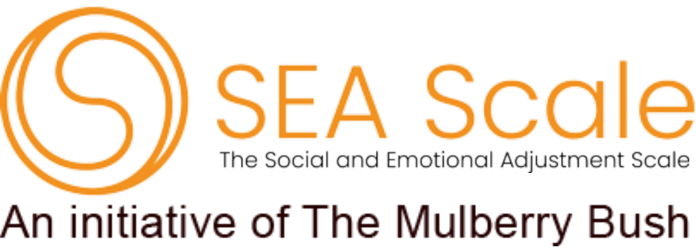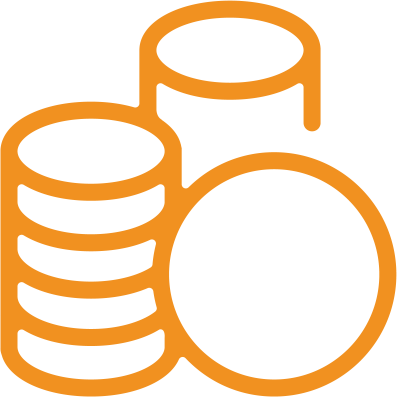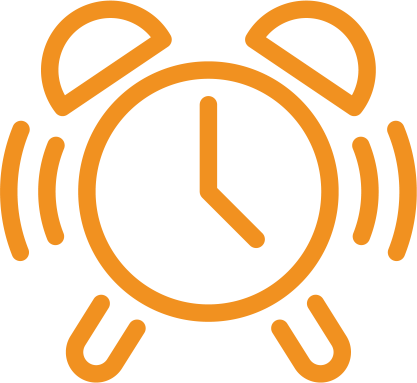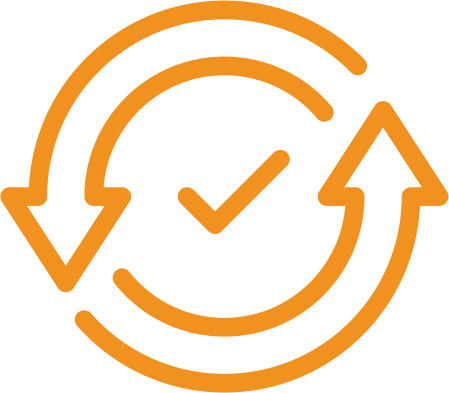The SEA Scale is a tool which can be used by adults to measure a child’s social and emotional abilities
What is the SEA Scale?
Developed by The Mulberry Bush, the SEA Scale is a brief 25 item tool which gives an insight into the socio-emotional abilities of children aged 5-13. It was developed to assess a child’s social and emotional profile and can be used to track how a child is progressing in this area. It is suitable for use in educational settings, plus any home setting such as foster, adoptive or residential care.
It is used with children who need support with social and peer relationships and with emotional regulation.
Completed at different points in time, it measures changes for an individual child. It is not designed to measure a child’s abilities in relation to other children or in relation to expected developmental stages. Charting the changes helps adults to monitor progress and plan specific activities and interventions.
Using the SEA Scale
The SEA scale is based on an adult’s observations and knowledge of a child’s socio-emotional abilities in different contexts. Some items measure abilities readily observable whereas others rely on the observer’s knowledge of the child.
The adult completing the scale reports the presence and frequency of each ability using a scale from 0-10, where 0 represents ‘Never’ and 10 represents ‘Always’. All items are therefore arranged so that higher frequency relates to higher numbers on the scale. We recommend that adults do not ‘over-think’ each response and draw on their knowledge and experience of being with the child. All items need to be completed. A ‘total’ score is received which can be referred to again in six to twelve months.
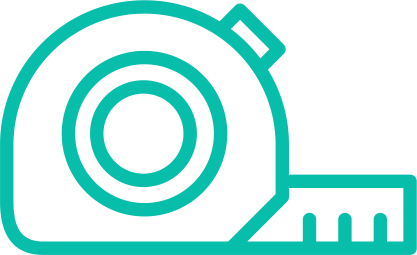
Practitioners
Improve your understanding of a child’s social and emotional wellbeing and provide information for service evaluation
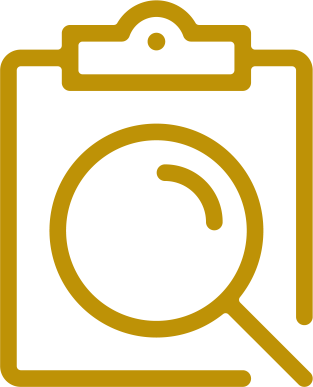
Commissioners
Addresses recommendations from the DoE (2017) and the National Children’s Bureau (2018) for tools to supplement the SDQ
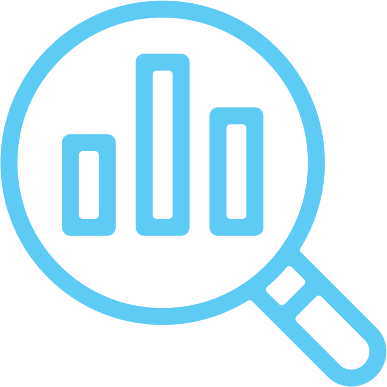
Academics
Derived from a multidisciplinary group of therapeutic childcare practitioners and academics in Developmental Psychology
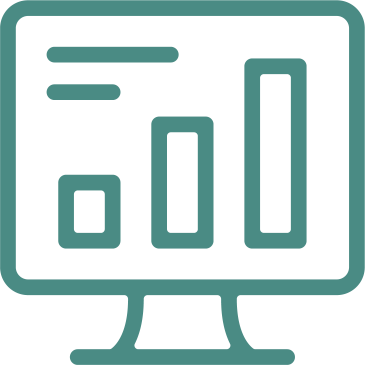
Policy Makers
SEA Scale assessments can inform networks and help decision makers when working with children with multiple vulnerabilities
